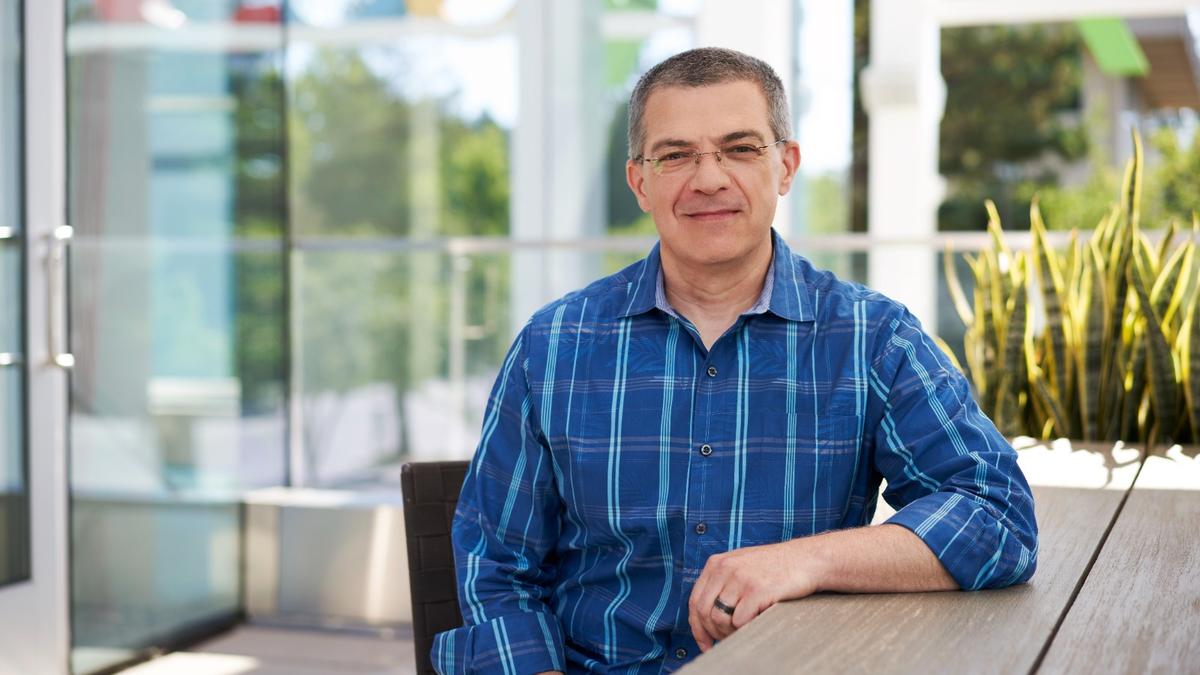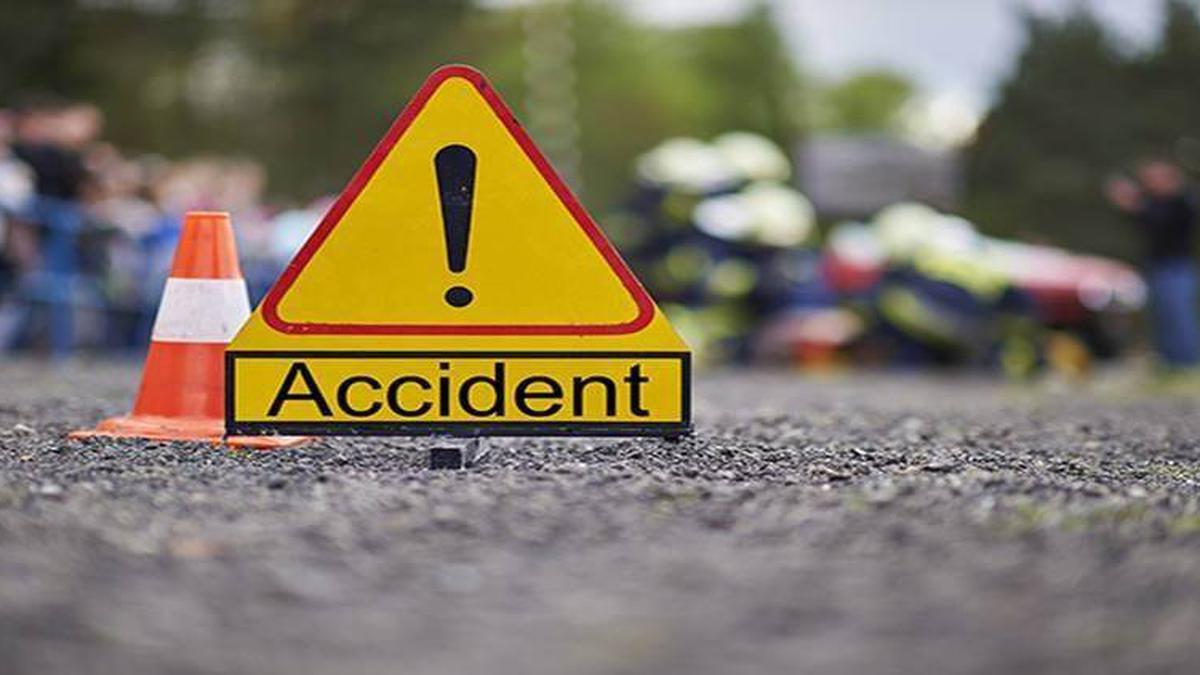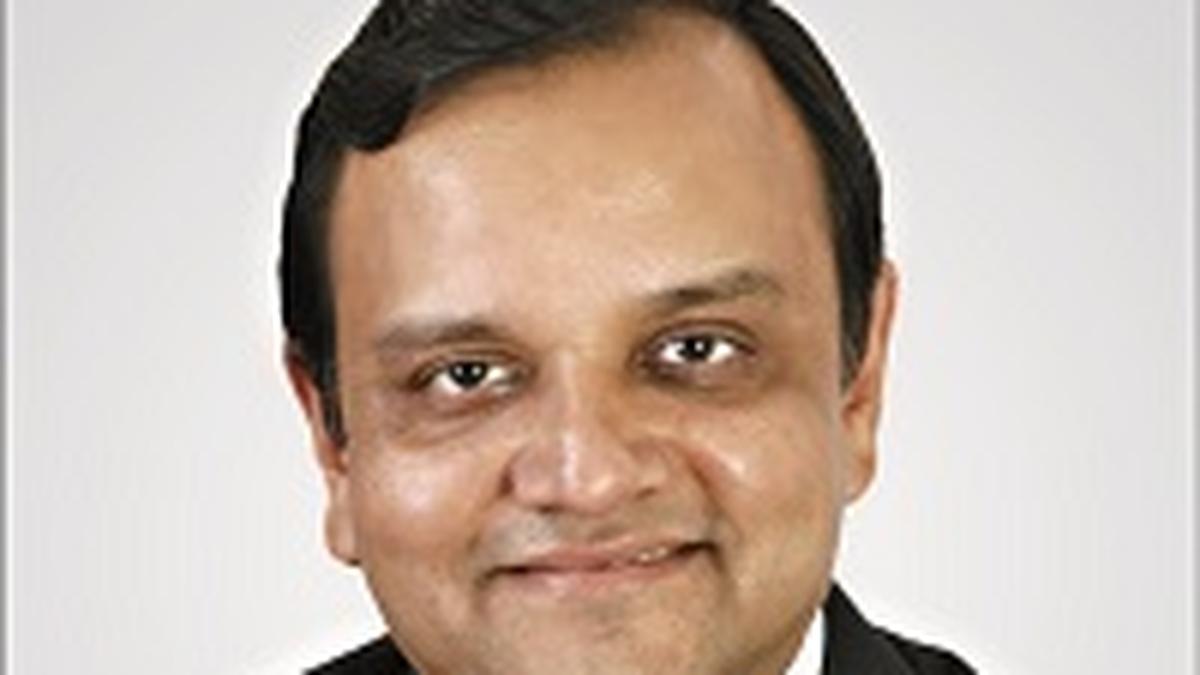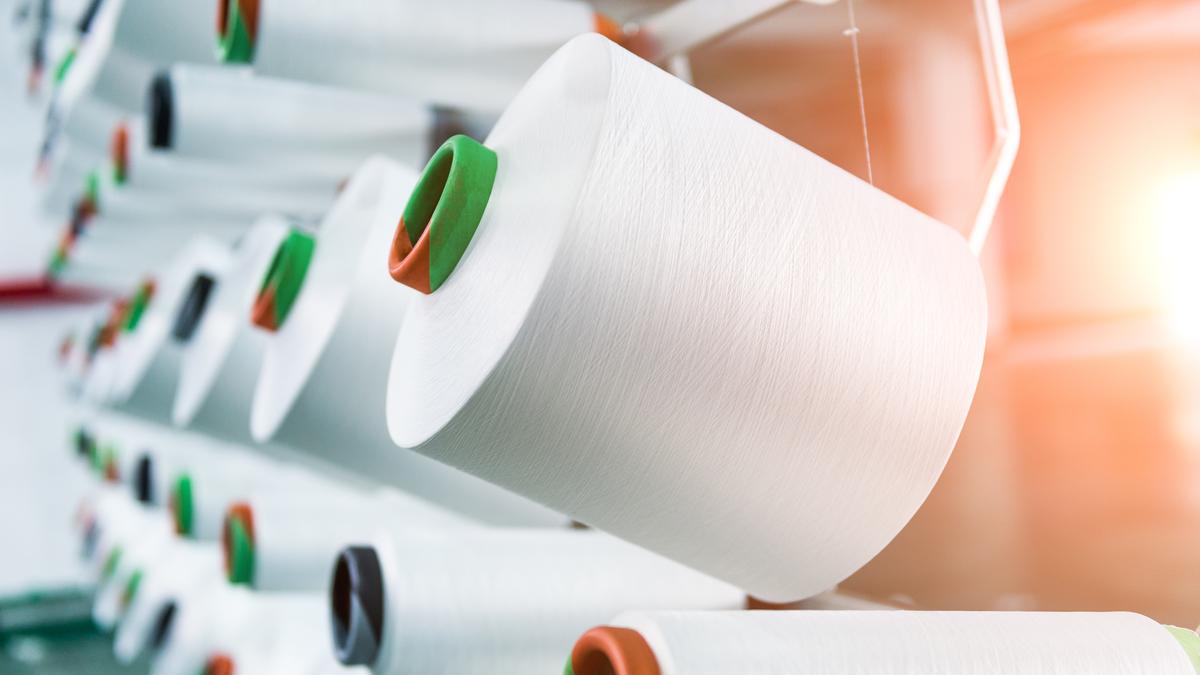The current round takes the total amount raised by Kaleidofin to date to $23 million
The current round takes the total amount raised by Kaleidofin to date to $23 million
Kaleidofin, a fintech company, has raised $5 million in its second tranche of Series B funding from Bill & Melinda Gates Foundation’s Seattle-based Strategic Investment Fund, angel investors and existing investors. In January, the firm raised $10 million in its series B funding, led by the Michael & Susan Dell Foundation. The current round takes the total amount raised by Kaleidofin to date to $23 million.
The Chennai-headquartered firm will use the proceeds of this round to strengthen tailored credit solutions for informal sector customers. The company had introduced KiScoreTM, a supervised machine learning-based automated credit health check, for informal sector customers in 2020 that has been used to underwrite over ₹6,300 crore ($830 million) in credit.
Sucharita Mukherjee, co-founder and CEO, Kaleidofin, said, “We are delighted to have investors known for their deep focus on informal sector customers and innovation promoting financial health, as partners. The partnership seeks to offer a broad range of financial services to underserved communities with a specific focus on low-income women customers at scale.” She added, “The new funds will be used to further strengthen all our product lines, but will specifically help us launch and scale our KaleidoCredit business aimed at offering customised credit products for individuals and nano and micro SME customers.”
Sucharita Mukherjee and Puneet Gupta started Kaleidofin in 2017, to offer simple, well-designed, financial solutions to address the needs of over 600 million underbanked customers engaged in the informal economy. The primary focus of Kaleidofin’s product lines is to dramatically increase access to digital financial services for informal sector customers in a way that can have a transformational impact on their lives. Kaleidofin has over 1.2 million active transacting customers across India. It has created a localised and accessible footprint across 230 districts and 14 states in semi urban and rural India.







